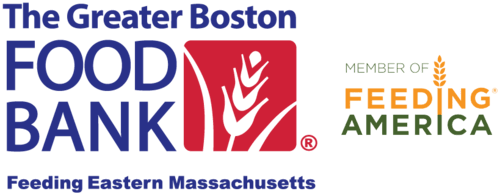SNAP-Ed: Nutrition Education for SNAP Recipients
 As Congress works on the 2018 Farm Bill, it is important to recognize how millions of Americans benefit from federal nutrition programs. One such program, the Supplemental Nutrition Assistance Program-Education (SNAP-Ed) teaches families and children who are receiving or eligible for SNAP how to lead healthier lifestyles while on a budget. A 2016 study found SNAP participants with lower nutrition knowledge tended to consume more unhealthy foods, suggesting that nutrition education can improve food choice and reduce rates of obesity.
As Congress works on the 2018 Farm Bill, it is important to recognize how millions of Americans benefit from federal nutrition programs. One such program, the Supplemental Nutrition Assistance Program-Education (SNAP-Ed) teaches families and children who are receiving or eligible for SNAP how to lead healthier lifestyles while on a budget. A 2016 study found SNAP participants with lower nutrition knowledge tended to consume more unhealthy foods, suggesting that nutrition education can improve food choice and reduce rates of obesity.
In Massachusetts, SNAP-Ed is implemented by the UMass Extension Nutrition Program, Cooking Matters, Ascentria Care Alliance, and Bay Cove Human Services. They partner with schools, community organizations, or health centers to provide SNAP-Ed through classes, single session workshops, cooking demonstrations, newsletters, and take-home information and recipes. Research has shown that SNAP-Ed interventions improve nutrition behaviors among adults and children, especially in low-income communities with a high risk for poor health outcomes. Participants, particularly children, reported eating more fruits and vegetables and were more physically active after a series of nutrition lessons.
Benefits of SNAP-Ed
- Provides free nutrition education to low-income individuals and families
- Engages participants in cooking demonstrations that promote healthy eating for children
- Supports participants’ ability to gain skills, knowledges, and confidence to make healthier decisions
- Encourages incorporating physical activity into daily lives
- Reduces the rate of childhood obesity
